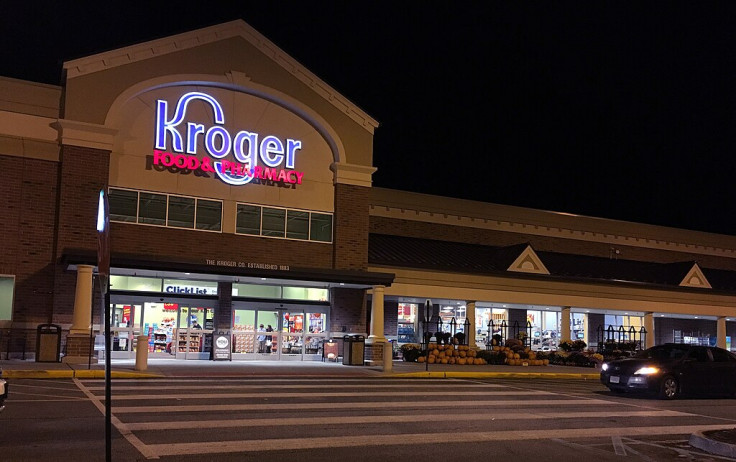Here's Why Kroger Is Closing 60 Stores — And What Will Happen to Affected Employees

As traditional retail faces ongoing pressure from the rise of e-commerce, American supermarket giant Kroger has announced plans to close 60 of its stores across the United States. The move comes amid changing consumer habits, a modest dip in sales, and the company's broader strategy to cut its physical footprint and adapt to online shopping trends.
Kroger Responds to Falling Sales
In a recent SEC filing, Kroger reported that sales declined slightly in the first quarter of 2025, falling to $45.1 billion (£33.51 billion) from $45.3 billion (£33.66 billion) during the same period last year. Despite this dip, the company improved its gross margin to 23.0%, up from 22.0% a year ago—largely driven by strong sales in fresh foods, private-label goods, and speciality pharmacies.
The report also noted a $100 million (£74.31 million) impairment charge related to the upcoming store closures, which are expected to take place over the next 18 months. 'As a result of these store closures, Kroger expects a modest financial benefit,' the filing stated.
What Happens to Employees?
Despite the scale of the closures, Kroger has confirmed there will be no layoffs. Employees at affected locations will be offered roles at nearby stores, ensuring continuity of employment.
'Kroger is committed to reinvesting these savings back into the customer experience, and as a result, this will not impact full-year guidance. Kroger will offer roles in other stores to all associates currently employed at affected stores,' the company said in its statement.
From a financial perspective, the company reaffirmed its focus on maintaining a strong balance sheet, with a net debt-to-EBITDA ratio of 1.69×. It also remains committed to capital investments in digital capabilities, value-driven pricing, and share repurchases.
Kroger Bets Big on E-Commerce
During the Q1 earnings call, Kroger CEO Ron Sargent highlighted ongoing progress in the company's e-commerce efforts—particularly following the appointment of Chief Digital Officer Yael Cossett.
'We combined all the elements of our e-commerce business under Yale Cossitt. Yale's doing a great job. This allows us to focus more on our e-commerce business than we've previously had. It also, very clearly, allows us to have ownership of the business. We're taking a look at every single aspect of our e-commerce strategy as well as our e-commerce operations,' Sargent said.
Though the e-commerce segment remains unprofitable, Kroger is seeing signs of improvement. E-commerce sales grew 15% in Q1, marking what the company described as its 'best profit improvement yet on a quarter-over-quarter basis'.
The Future of Legacy Retail
With consumer preferences shifting rapidly towards online retail giants like Amazon, traditional retailers like Kroger are facing a stark choice: evolve or risk being left behind. The decision to close stores and invest heavily in digital infrastructure signals Kroger's intent to adapt, but the road to profitability in e-commerce remains uncertain.
As the landscape continues to shift, all eyes will be on how legacy retail brands navigate this new chapter in consumer shopping behaviour.
© Copyright IBTimes 2025. All rights reserved.





















